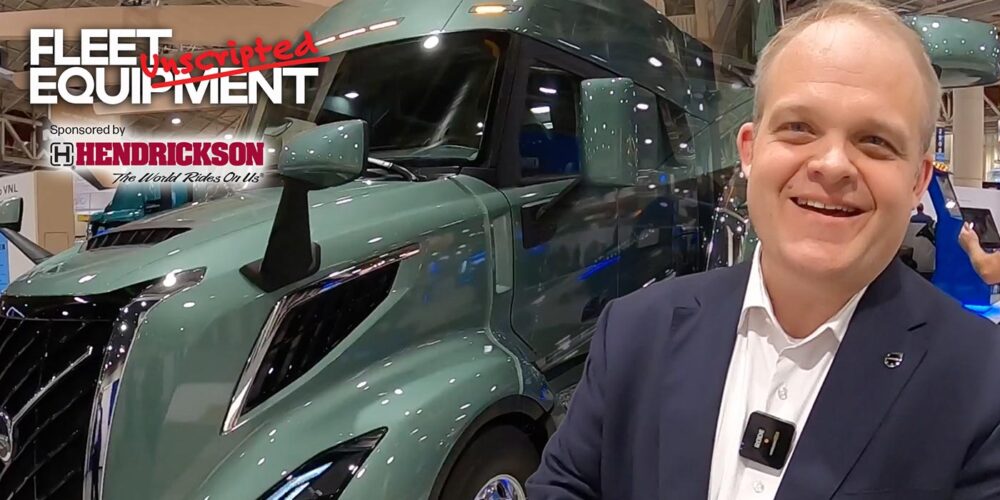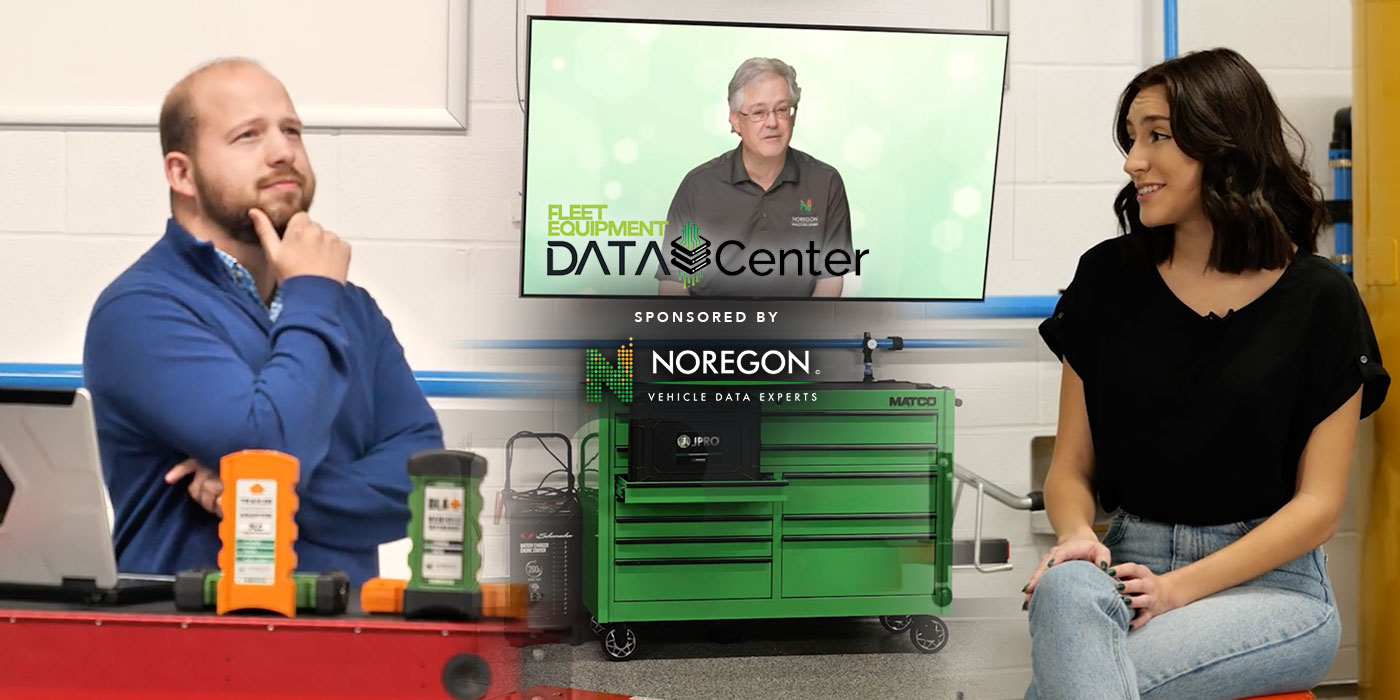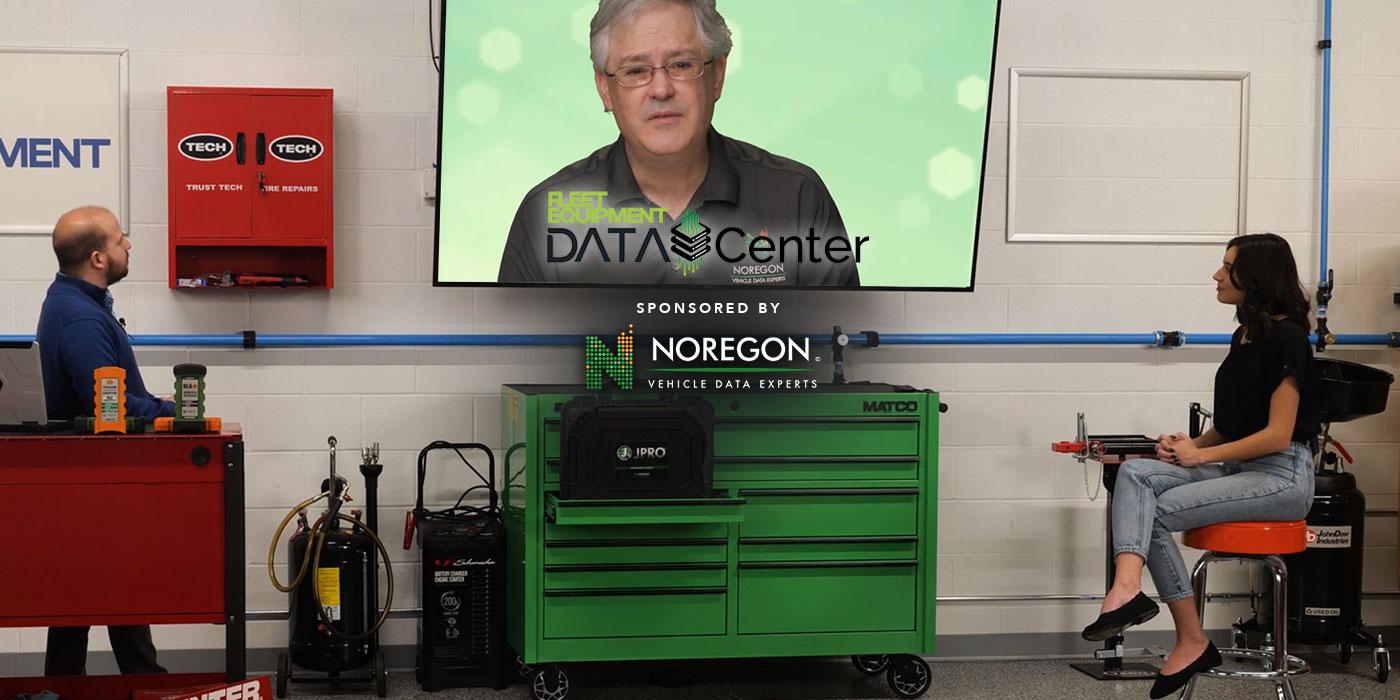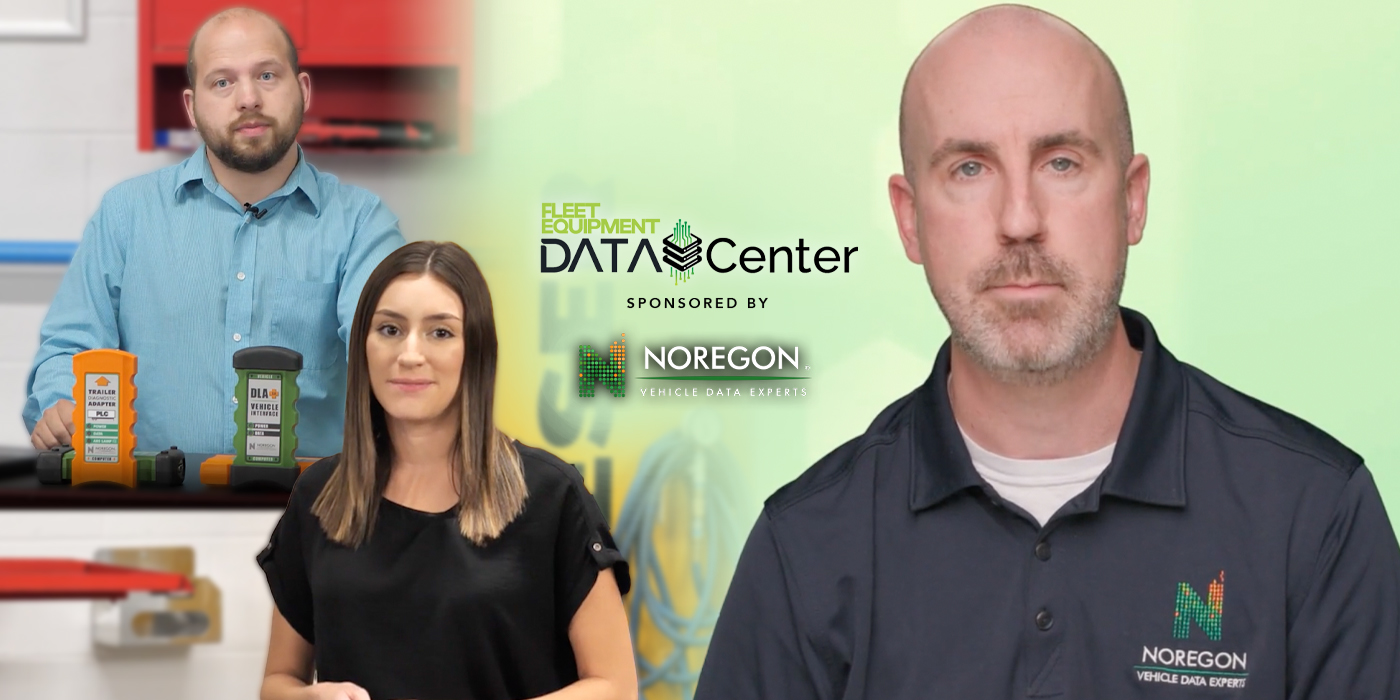Regulations are ramping up, more electric vehicles are being built, other alternative fuels are being seriously explored… the winds of change are blowing in the trucking industry.
Sustainability is the word right now, fueled by government regulations, company sustainability goals, and a general desire to improve the state of the environment.
Some fleets are more affected than others by these changes, but as the years go by, no one will be immune. But just because things are changing doesn’t mean the changes are going to make a dent in your profits or your ability to run a smooth fleet operation. In fact, if you plan ahead, the opposite could be true.
So what steps should your shop take as we move into the more efficient future? Watch the video above to see.
Fleet Equipment’s Data Center is sponsored by Noregon. Subscribe to our newsletter to catch every episode as we’ll be diving into use cases, talking with the data pros and making data usage approachable.













